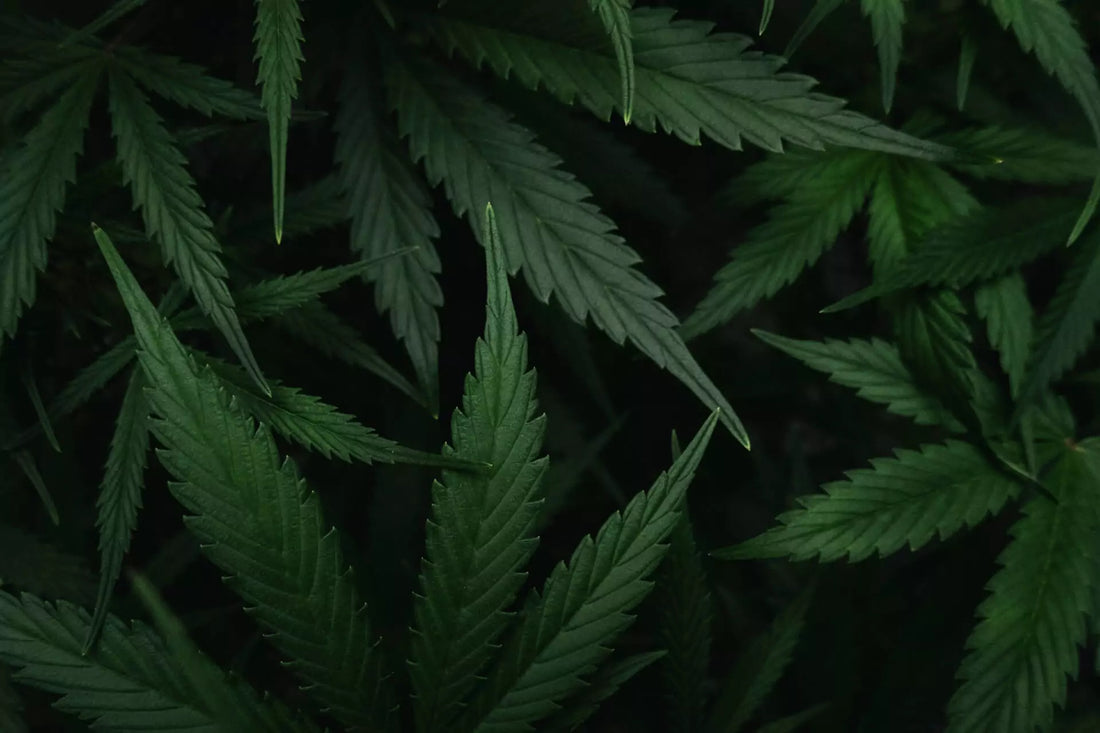
Our Blog
THCP Effects
THCP Effects
If you're a big cannabis nerd like we are, you're likely pretty interested in trying out various exotic strains and newly discovered or chemically tweaked cannabinoids. I mean, you're Googling "What Are the Effects of THCP," after all.
That said, it's pretty easy to get lost in the mountains of acronyms associated with cannabis consumption. THCA, TCHO, CBN, CBG, LMNOP, QRS, TUV… You see where we're going. It's all pretty hard to keep track of, especially when you're trying to zero in on your desired effects.
Don't worry though. We have all the answers to your questions here in this definitive guide to the effects of THCP. But let's start first with understanding the compound we're discussing.
So What Exactly Is THCP?
THCP, or tetrahydrocannabiphorol if you're multisyllabic, is an interesting, relatively new cannabinoid that has gained a lot of attention lately for its potential potency and effects. Discovered in 2019 by Italian researchers, THCP is found in cannabis plants, but in very low concentrations — typically less than 0.1%. Don't let that fool you though. Just because it's not abundantly found in nature doesn't detract from its significance — it actually highlights the complexity of cannabis as a botanical.
Structurally, THCP is a variant of the well-known delta-9 THC, the primary psychoactive compound in cannabis. The key difference is in its chemical structure, which we'll get into in just a bit. This seemingly small tweak in structure dramatically enhances THCP's potency.
Despite its strength, research on THCP is still pretty much in its infancy. While it probably shares some medicinal benefits with THC — like pain relief, anti-nausea properties, and potential applications for various medical conditions — more studies are needed to fully understand its therapeutic potential. The emerging interest in THCP is partly driven by its versatility — it can be consumed in various forms, including vape cartridges, edibles, and tinctures, similar to other THC compounds.
So now that you've become acquainted with THCP, let's drill down a little further by comparing it to its better-known, more famous cousin, THC.
What Are the Differences Between THCP and THC?
So like we said above, the main differences between THCP and traditional THC are rooted in their chemical structures, the effects it has, and their applications. While both compounds are cannabinoids found in the cannabis plant, their distinct characteristics can lead to significantly different outcomes for users.
Like we said above, the most significant difference is in the structure of THCP and THC's alkyl side chains. Delta-9 THC — the most well-known cannabinoid that's primarily responsible for the "high" you feel — has a five-carbon chain, but THCP has seven carbon atoms linked together.
It might not sound like much, but this structural variation is not just something for chemists to stroke their beards and nod about — it has profound implications for how these cannabinoids interact with the endocannabinoid system. Specifically, the longer alkyl side chain of THCP allows it to bind more efficiently to CB1 receptors, which makes it something like 30 times more potent than delta-9 THC. So yeah — those two additional carbon atoms are doing a lot of heavy lifting.
With that in mind, let's talk in concrete terms about what it feels like to use THCP.
What Are The Effects of THCP?
Any time you hear something is 30 times more potent, it'll perk up some ears, but what does it feel like? Well, it's not really different. It just takes less of it to get you where you want to go.
Users can expect many of the familiar effects associated with traditional THC, such as euphoria, relaxation, and altered perception, but the intensity of these effects increases pretty significantly because of THCP's binding affinity. Let's say your typical dose of delta-9 THC, maybe 15mg, might produce a moderate high, the equivalent dose of THCP would result in a much more profound experience, potentially leading to feelings of overwhelming euphoria or altered sensory perceptions.
That's in experienced users though.
If you're brand new to cannabis or if you have a lower tolerance, you're probably going to find that even a small amount of THCP produces strong psychoactive effects. Due to its increased potency, we always recommend careful dosing when exploring the effects of THCP. If you're moderately experienced, starting with a lower dose is advisable to gauge individual reactions. If you're brand new, avoid it altogether. Trust us, you'll have a lot better time with a moderate dose of delta-9 than you will on the same dose of THCP. If you don't take that advice, you're running the risk of adverse effects like anxiety and couch-planting paranoia. Not the best way to spend your Sunday afternoon.
The therapeutic side of the house is a little less understood. Like we said above, the medicinal benefits of THCP are still being researched, but preliminary findings suggest that it may mirror some therapeutic properties of run-of-the-mill THC. Potential applications scientists are looking into include pain relief, anti-nausea effects, and relief from seizures or other medical conditions. We'll talk a little bit more about this in the benefits section below.
The limited understanding of THCP means that you should be pretty cautious about relying on it for medical benefits until more research validates its effectiveness and safety. That said, you should always consult with a doctor before you incorporate any cannabis product into your daily routine. While these compounds are widely regarded as safe, you don't want to exacerbate any underlying conditions or counteract any medication you might be on.
So now that we know what it does, let's take a look at if you're allowed to use it…
THCP And the Law
The legal status of THCP — and cannabis as a whole — is a complex topic that seems to be ever-evolving. As a relatively new cannabinoid, THCP occupies sort of a weird space in the landscape of cannabis legislation, primarily due to its classification as a hemp-derived product.
In the United States, the 2018 Farm Bill established a legal framework for hemp and its derivatives, which includes cannabinoids like THCP, as long as they contain less than 0.3% delta-9 THC by dry weight. This means that hemp-derived THCP products are generally considered legal at the federal level, opening the door for consumers to access them in states where hemp legislation allows.
However, the situation is not entirely straightforward. While federal law permits the production and sale of hemp-derived cannabinoids, some states have begun to clarify their own regulations regarding THCP and other similar compounds. Certain states have explicitly banned synthetic cannabinoids or placed restrictions on the sale of products containing high concentrations of less common cannabinoids like THCP. This means you really need to be diligent about staying on top of your local laws to avoid any legal situations. Or just put your lawyer on speed dial.
But wait — it doesn't stop there. The classification of THCP within the broader category of THC is still being debated. Because THCP shares structural similarities with delta-9 THC, there is some ambiguity regarding how it should be categorized legally. While it is derived from hemp and meets the requirements set forth by the Farm Bill, some state authorities may interpret THC classifications differently, affecting the legality of THCP in those jurisdictions.
For anyone considering using THCP, you should really stay informed about local laws and regulations. Checking with reputable vendors like Sherpa who provide transparent information regarding their sourcing and legality can help make sure that you're making safe and informed choices. And keep in mind that things can change pretty quickly. If your state outlaws "synthetic" cannabinoids, you might find yourself on the wrong side of a tricky legal situation.
What Are the Potential Benefits of THCP?
So like we said above, scientific studies specifically focused on THCP are still in their early stages, but preliminary findings are showing that it may offer therapeutic effects similar to those of traditional THC, but with potentially greater intensity due to its enhanced binding affinity.
That said, one of the most widely recognized benefits of THC is its analgesic properties. Early research indicates that THCP may also help relieve pain, making it a potential option for individuals dealing with chronic pain conditions. This could be really helpful for patients who have not found relief with standard THC or other pain management strategies.
THCP may also have anti-nausea and antiemetic — or vomit-reducing — effects similar to those attributed to delta-9 THC. Again, this could be beneficial for people undergoing treatments like chemotherapy, where nausea and vomiting are common side effects. By providing a more potent option, THCP could really enhance the quality of life for patients dealing with these debilitating symptoms.
It's also thought that THCP's interaction with the endocannabinoid system may extend to other medicinal benefits, such as potential anti-seizure effects. This aligns with the therapeutic applications of THC in treating conditions like epilepsy and other seizure disorders. However, more research is needed to fully establish THCP's efficacy and safety profile in this regard.
We didn't forget about THCP's psychoactive effects though. Like we said above, its increased potency can give you a much more profound experience with potentially less product needed to achieve the desired effects — great for having a better time on your hike, but it could also be good news for folks using the psychoactive effects in a clinical setting to manage anxiety disorders or the symptoms of conditions like post-traumatic stress disorder.
As with most things in life, there's a flip side to the coin. While THCP is showing a lot of promise, there are also some risks we need to be aware of.
Understanding the Potential Risks of THCP
As with any psychoactive substance, the use of THCP comes with potential risks that users should consider. While preliminary studies highlight its therapeutic potential, the increased potency of THCP is cause for concern.
The fact of the matter is that it is reportedly some 30 times stronger than that of delta-9 THC, meaning it can produce intense psychoactive experiences. If you've ever had a bad experience with an edible — you know, anxiety, paranoia, all that — imagine if it was 30 times more intense. Not great, right?
So the risk of overconsumption is serious with THCP due to that potency. Users who are accustomed to traditional THC may overestimate how much THCP they need to achieve their desired effects. If you're used to taking 25mg of THC and do the same thing with THCP, you might find yourself on the moon, worried about how you're going to get back.
It's also true that there's been very limited research on THCP. That means its long-term effects and safety profile are not well understood. While cannabinoids like THC and CBD have been studied really extensively, THCP's recent discovery means there is still a ton to learn about how it interacts with the body and what potential risks it may pose. If you want to use THCP, we recommend you remain cautious and informed, especially regarding any existing medical conditions or medications that may interact negatively with cannabinoid use. We've said it before, and we'll say it again — you should always talk to your doctor before trying something new.
The Wild West of unregulated products in the market further complicates things, particularly when it comes to THCP. As a novel cannabinoid, THCP products may not always be subjected to rigorous testing or quality controls. Some yahoo might slap a THCP sticker on their product as a marketing ploy, or they might say it has 10mg when it actually has 20mg. When you're dealing with such a potent product, accuracy really matters.
That's why it's really important to seek out reputable brands like Sherpa that provide third-party testing and transparency about their sourcing and manufacturing processes. That way you'll know that the products you're using are safe, accurately labeled, and free from harmful contaminants.
Alright. Now that you have a head full of information about THCP, let's get down to brass tacks and talk about how to use it effectively and safely.
Tips on Using THCP Safely
Given THCP's really potent psychoactive effects, it demands respect — even from folks who use cannabis daily. Remember, your 10mg THCP gummy is going to feel about 30 times stronger than the 10mg THC one, so overconsumption is a real risk. If you like booze, think of it this way: It'd be similar to drinking a pint glass full of vodka instead of beer. With that in mind, here are our tips for taking THCP safely.
Talk to a Medical Professional
If you're introducing cannabis into your routine, you want to talk to your doctor first, especially if you have existing health conditions or are taking medications. Cannabinoids can interact with various medications, and understanding these potential interactions is vital for your safety. We're serious here. You don't want to do anything that's going to jeopardize your health.
Start Slow
Have we said it enough yet? THCP is really, really strong. If you're new to cannabis, avoid it. If you're experienced, cut your normal amount by a third. If you're used to taking 30mg to wind down at the end of the day, take 10mg of THCP and see where it gets you. Slowly ratchet your intake up so you can gauge your tolerance safely.
Know and Trust Your Source
With the rapid rise in popularity of THCP products, it's really important to choose reputable brands that prioritize quality and transparency. Look for companies that provide third-party lab testing results, ensuring their products are accurately labeled and free from harmful contaminants. Reliable vendors will have certificates of analysis available, detailing the cannabinoid content and confirming the absence of pesticides, heavy metals, and other nasty stuff you don't want in your body.
Understand the Onset Time
If you're trying to read up on THCP, you probably already know this, but we'll say it louder for the people in the back. Edibles and other ingestible forms of THCP will take a lot longer to kick in compared to smoking or vaping, typically ranging from 30 minutes to two hours. If you're eating it, patience is going to be key. Don't give in to the temptation to eat more if you don't feel it right away. Even though we've all wanted to, it's definitely a rookie mistake.
Create a Comfortable Environment
Your surroundings will influence your experience with THCP, so make sure you're in a safe and comfortable place where you feel relaxed. Being in a pleasant setting will help, especially if you're trying to push your boundaries a little further than you're used to. We recommend couch time with the cat.
Have Some Snacks and Some Water on Hand
THCP, like other cannabinoids, can cause some minor dehydration. To counteract this, drink plenty of water before and during your use. Having something in your stomach can also help stabilize your body's reaction and diminish any unwanted effects.
Avoid Mixing Substances
We like our craft beer too, but combining THCP with other substances can amplify its effects and make things really unpredictable. To ensure a controlled and enjoyable time, stick to one substance at a time.
Consider Having a Sober Buddy
If you're trying THCP for the first time or are uncertain about how it will affect you, consider having a sober friend present — especially one familiar with cannabis and its effects. They'll be able to offer support, monitor your well-being, and make sure you don't do anything stupid like text your ex or get in your car and drive somewhere.
Listen to Your Body
Pay close attention to how your body feels during your THCP experience. Trusting your instincts and prioritizing your comfort will help you navigate the effects more safely. Need to lie down? Go for it. Want to go on a walk? Do it. If you do find yourself in over your head, remember that changing your setting can help break the negative thought loop. It might be helpful to do some low-stakes activities too, like drawing or washing the dishes. Do something that will take a little bit of attention, but it won't matter how well it gets done. Gardening is also a good activity to occupy your time during your THCP experience.
Final Thoughts on THCP
Alright! That's it! Now you know pretty much everything there is to know about THCP without a chemistry PhD. While it's definitely a lot stronger than most of the cannabinoids you're probably used to when you approach it with mindfulness and a healthy dose of caution and respect, it can easily be incorporated into your routine. Whether that's to help elevate your mood, reduce your anxiety, improve your sleep, or just have a fun afternoon with your friends, THCP might be the right choice for you. Just stay safe and have fun!1 Comment
-
Mikey
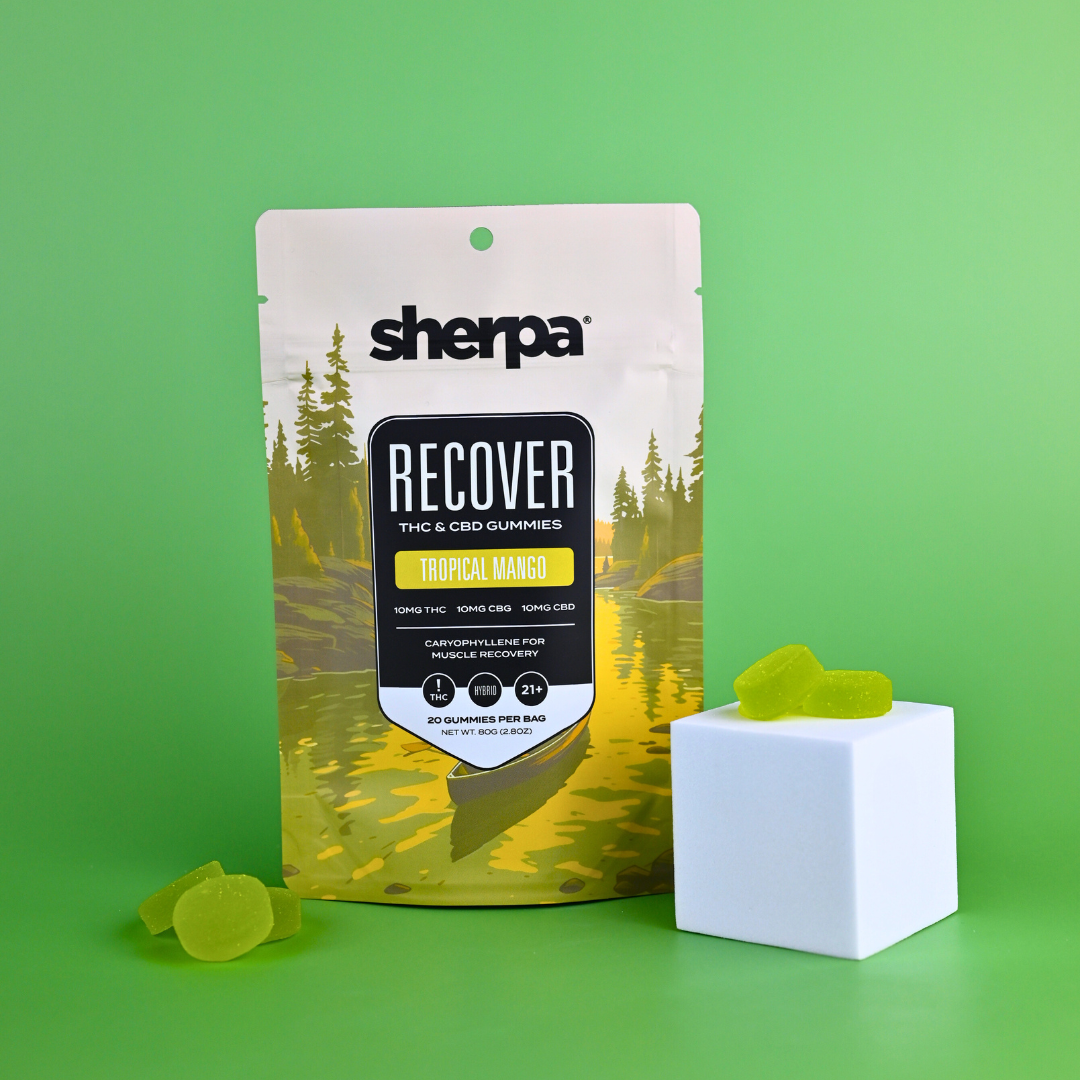
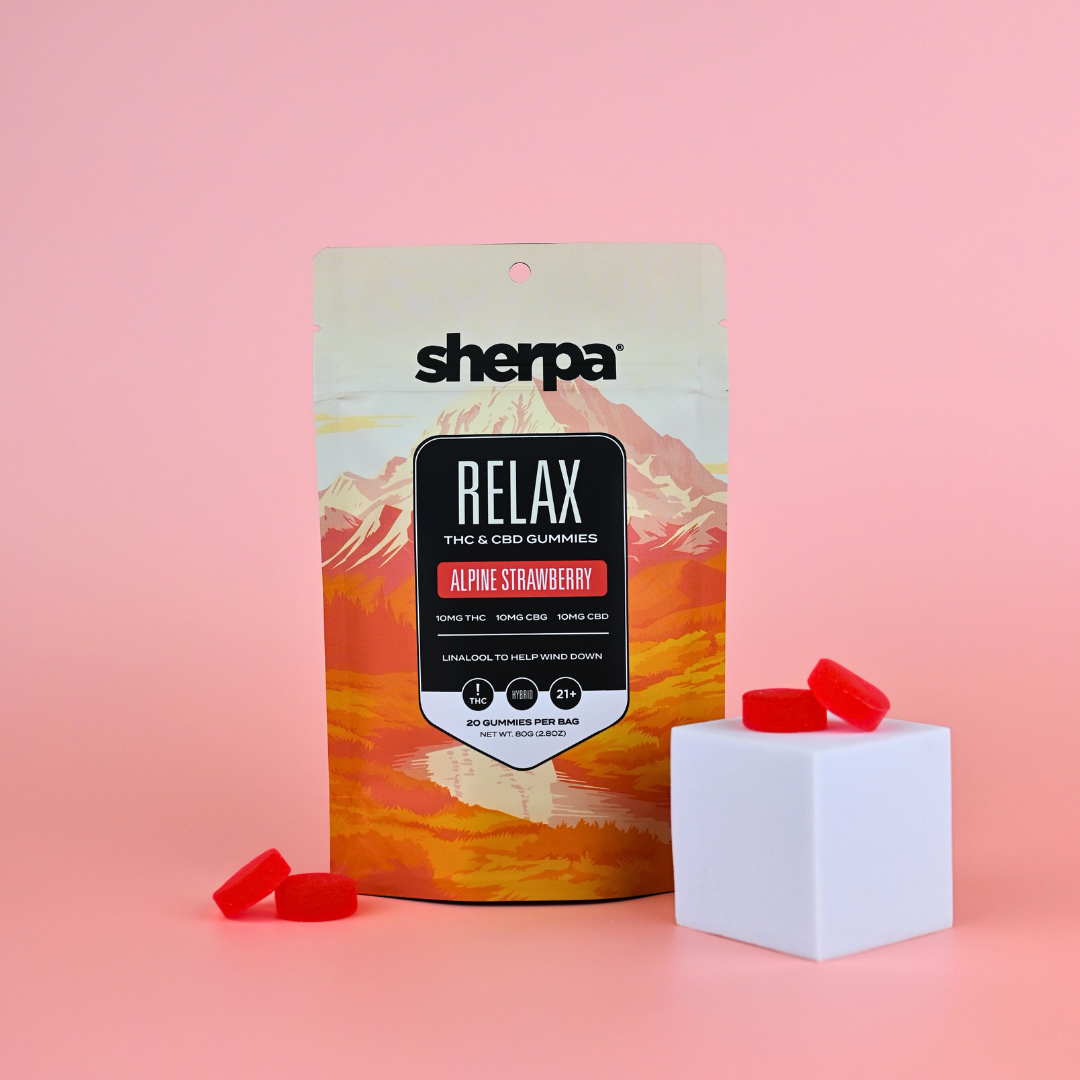
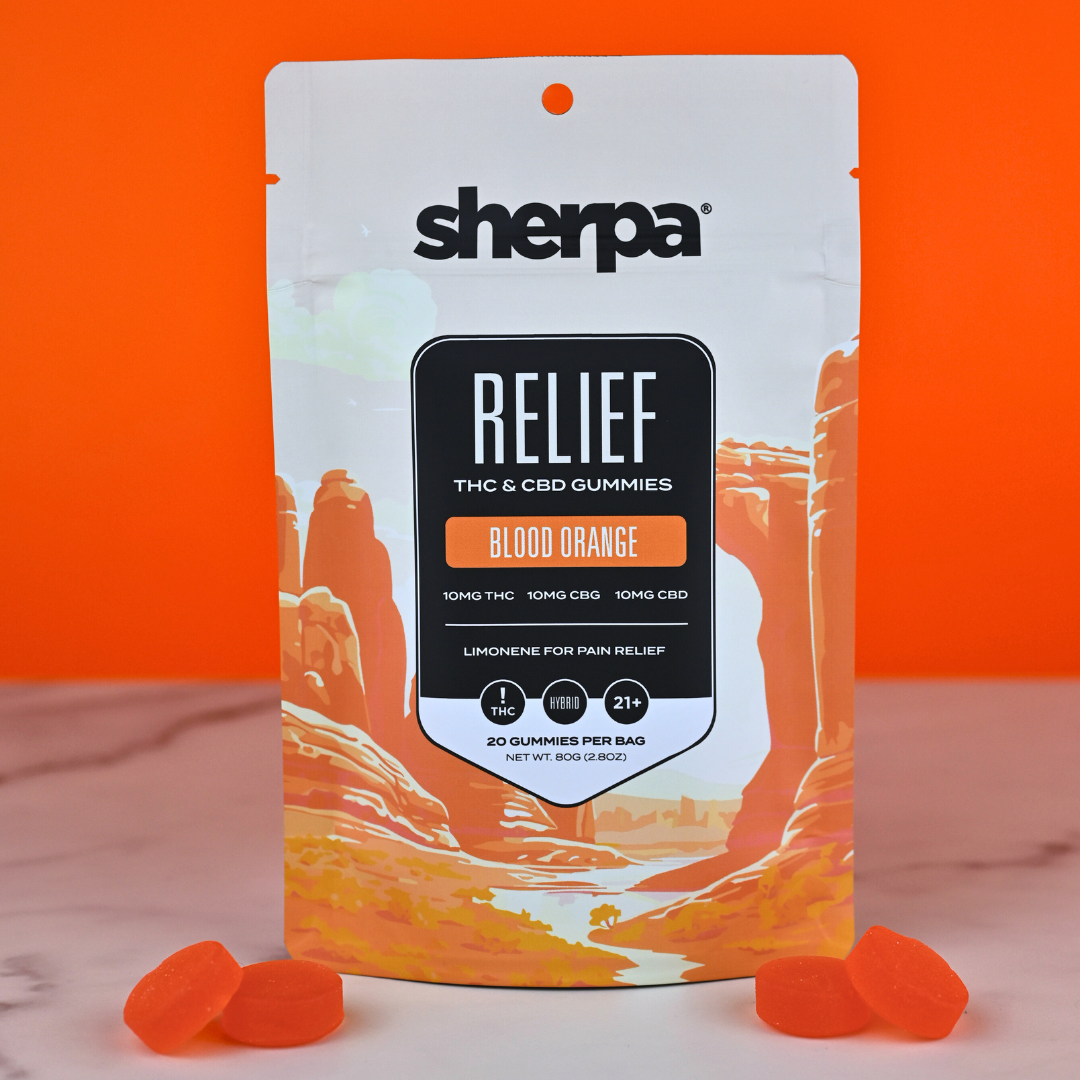
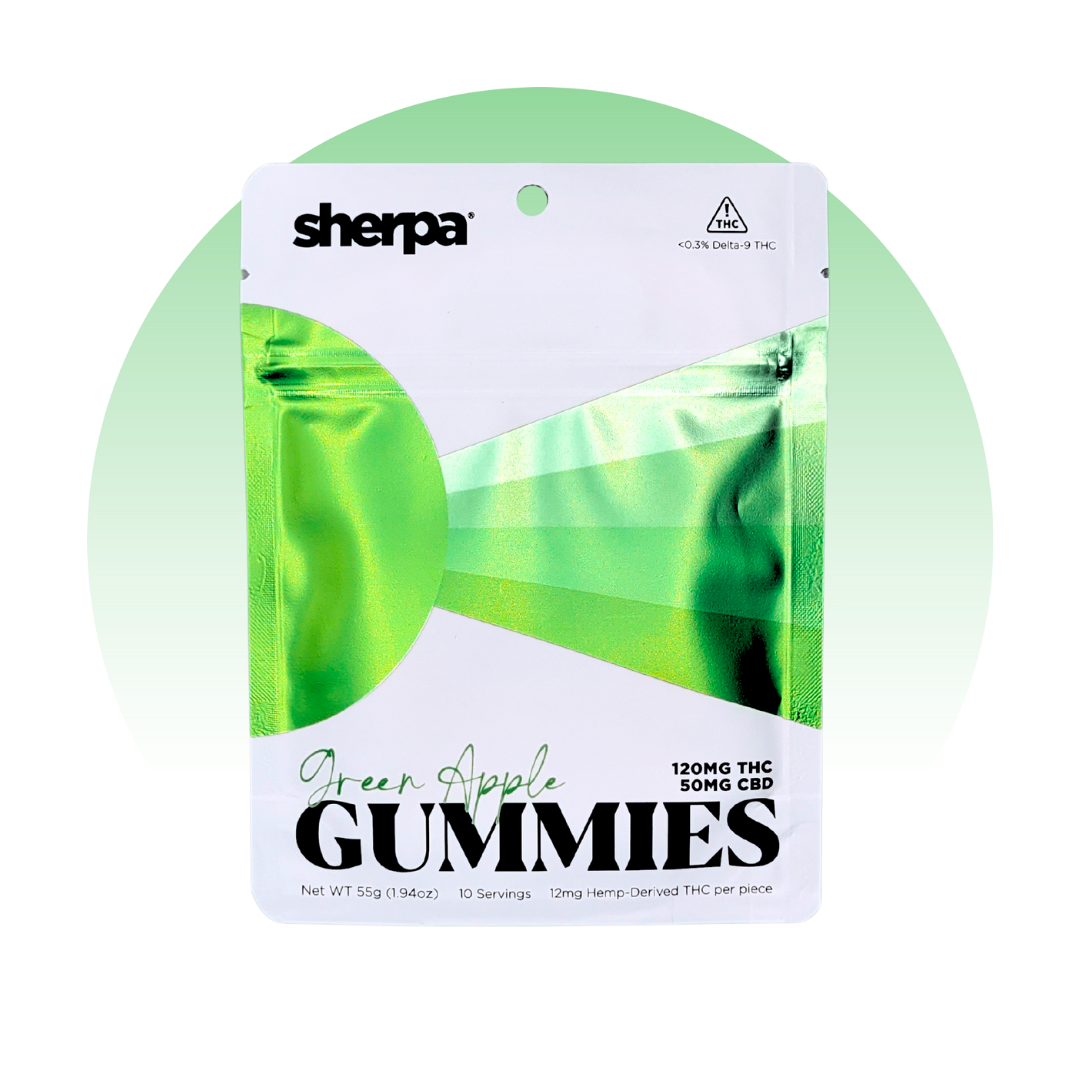
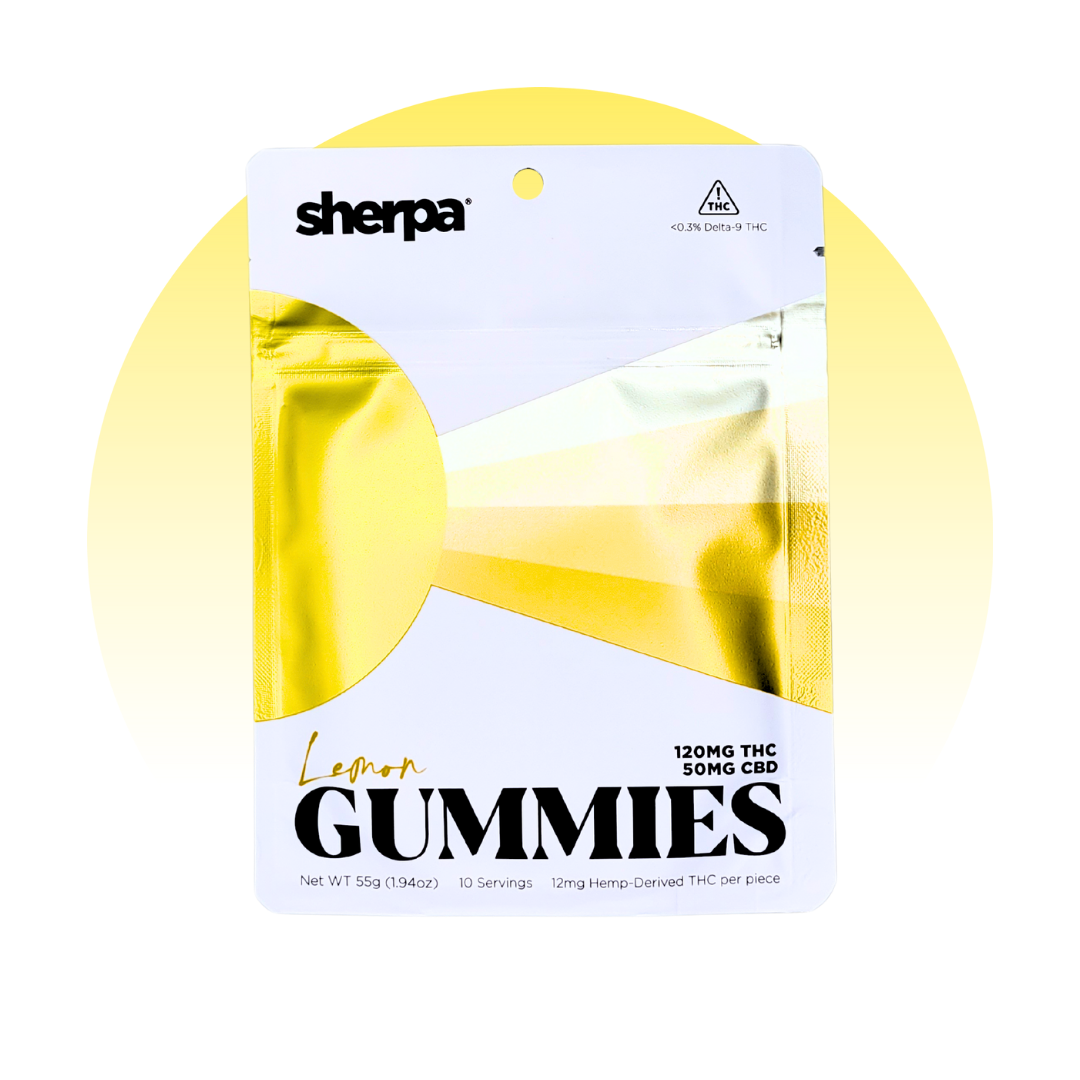
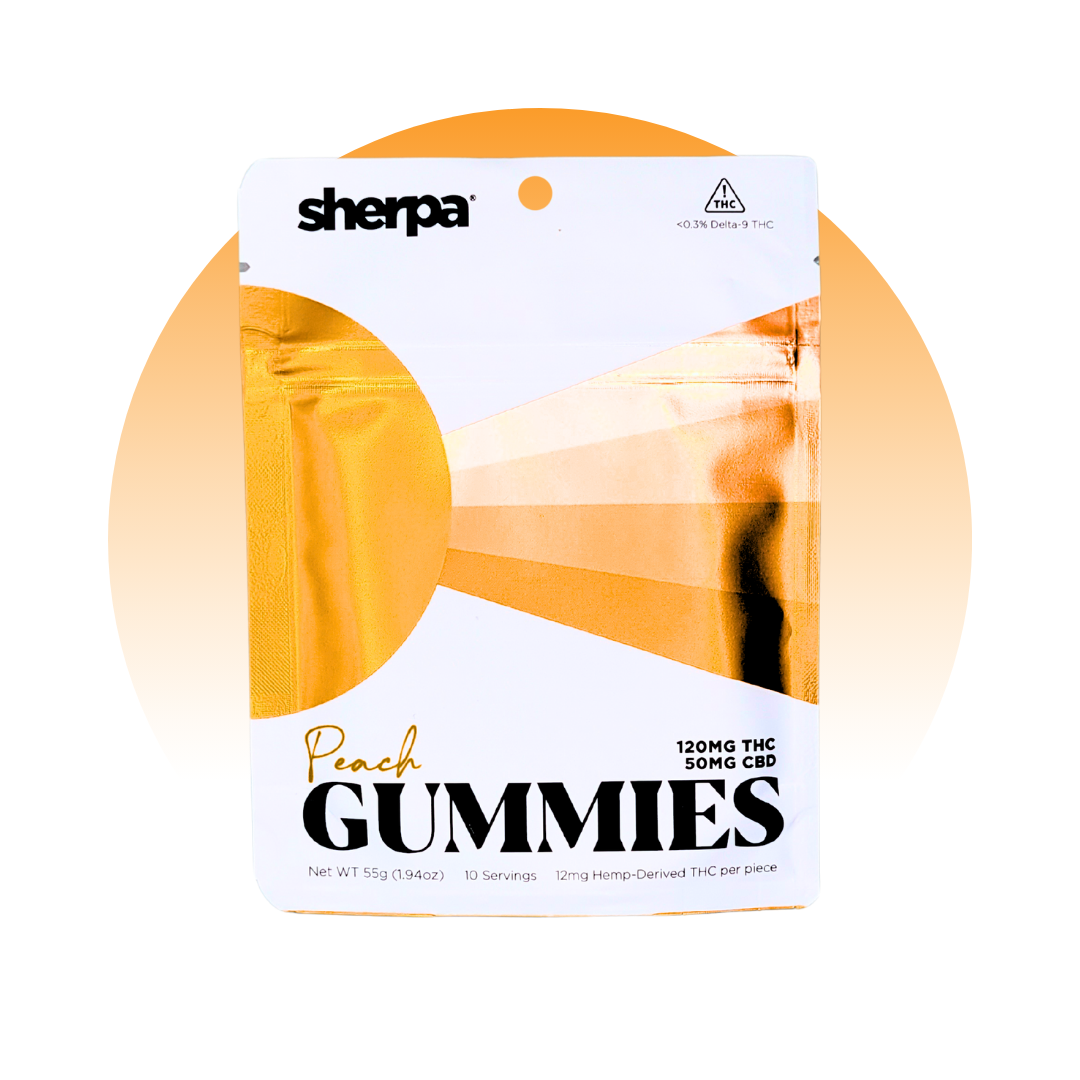
Interesting.
I have found that low dose thcp and thc goes well together,enhancing the effects of both together,producing a state of bliss that is hard to miss…